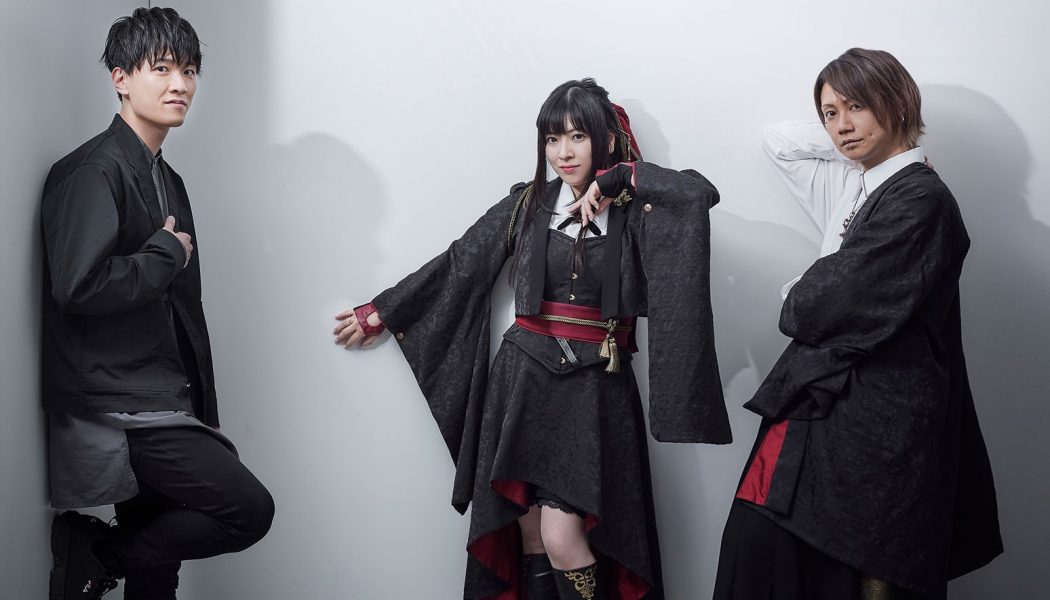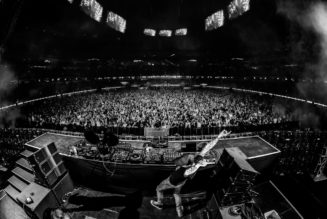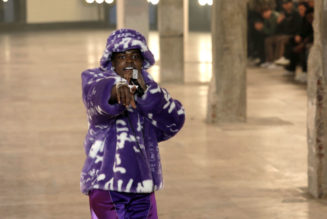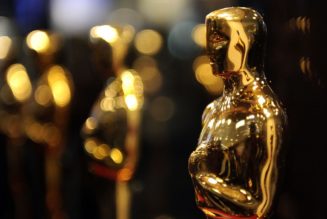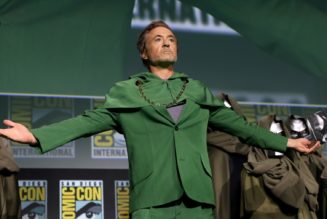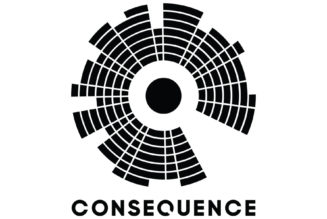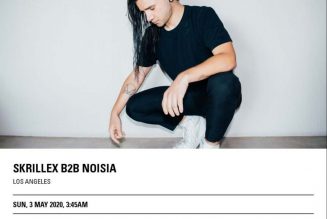
In a new interview, WagakkiBand lead vocalist Yuko Suzuhana, guitarist Machiya, and Hatanaka sat down with Billboard Japan’s Mariko Ikitake to share their respective experiences contributing to the series, which also features L’Arc-en-Ciel frontman Hyde’s new track “On My Own” as the ending theme.
WagakkiBand are also set to livestream a fan club-only concert on Sunday, April 4 at 5:00 p.m. JST. Tickets are available for overseas fans through PIA LIVE STREAM and ZAIKO.
Check out the Q&A below.
When were you asked to participate in this project?
Machiya: Back in 2019. We’ve worked on other animated series before, but this was the first time we were asked to submit our ideas so far ahead of the series premiere. So we sensed that the creators were pretty fired up about this project.
Yuko Suzuhana: We selected and submitted the best songs written by each member. We worked on the details of these selected tracks and recorded them, and I think we were able to create that kind of flow because we had enough time. Machiya’s song was the one that was chosen for the series, so the one I wrote is tucked away. [Laughs] It was down to either mine or his in the end!
Tasuku Hatanaka: You mean you have other songs you wrote specifically for Mars Red? Man, that’s such a waste! So “Aria of Life” is the cream of the crop.
My first audition was in April 2019, I think, and I did a few more after that. The actual take began around the end of 2019, before COVID-19, so we were able to get together and take some episodes. I was really taken aback when I heard when the series would be premiered. I remember I kept asking, “Are you sure you don’t mean April 2020?”
It depends on the work, but usually, voice actors are called in to record their parts around three to four months ahead of the start of the series. And usually when we get near the final episodes, we’re like, “Crap, we’ve only got three more weeks to go before it starts.” We end up recording to unfinished animation, which really gives off this sense of urgency. [Laughs] I was used to doing my best being rushed like that, so recording something so meticulously using a lot of time like this felt really new to me.
This is the first time a work by the popular playwright Bun-O Fujisawa is being adapted into an animated series, and I’m sure there are many fans out there who are looking forward to it. It’s an epic tale on par with a solid feature film. Did you feel a different kind of pressure because of that, and was there anything you did differently for this work in particular?
Machiya: His writing made it easy to imagine the scenery, so that made it relatively easy for us to create the music based on it. Our job is to supplement the work itself, so this kind of serious story that comes across in a solid way from the historical background makes it easier for us musicians to do our jobs.
Hatanaka: The series features many veteran voice actors that I look up to. Seeing someone like Mr. Suwabe [Victor Nikiforov in Yuri!!! on Ice, Greed in Fullmetal Alchemist] ordering drinks and mingling at our get-togethers seemed kind of surreal to me and I felt really nervous working in such an environment, to be honest.
But like Machiya said, Mars Red has a clear message that it wants to convey. Mr. Fujisawa said to me, “Shutaro Kurusu is a compliant guy. Everything surprises him and he reacts straightforwardly to everything. So please play his part accordingly,” and things fell into place for me after that. Kurusu is a soldier during the Taisho Era [1912-1926], so I thought I had to consider various aspects to play his role, but I was allowed to just be simple and straightforward, which made it easier and also a lot of fun.
I think the common concept of vampires is that they’re cool and heroic, and not too many works deal with their inner conflicts. The vampires in this story have a weakness in that they’re incinerated by sunlight, but the tale focuses on the meaning of being a vampire, what it means to become something that isn’t accepted by the public. These are people who turn into beings that are considered gross and discriminated against.
They harbor negative emotions as a result, but even if they want people to know that “My mind’s not dead yet, I’m still human inside,” their cries don’t reach anybody. I think the laments of people who are erased by the tide of history is depicted in this work. There are moments when viewers will be encouraged somewhat by seeing such people live their lives the best they can and with decency under such circumstances.
The lyrics of “Aria of Life” also reflects that suffering of vampires who are discriminated by humans, don’t they?
Machiya: The essence of what I wanted to express in the song is in the first verse, and the rest is supplemental. Isn’t that part like the vampires in Mars Red?
What did you focus on as a vocalist in this song, Yuko?
Suzuhana: I knew that the way I sang the first verse would set the tone for the entire song, so I tried out several different ways in the beginning. I thought that being too serious didn’t fit the track, so I figured I should go for a striking, a bit tough presentation with a little bit of myself showing through.
A lot of care went into my facial expression in the music video, too. Especially my eyes. I thought a lot about how to express the song with just my eyes. The tone is serious, but WagakkiBand’s style is more about beauty and striking a balance that isn’t too dark, so I think with this song I focused a lot on how to use my facial expression as a vocalist to best convey its concept, more so than with our other tracks.
The ending theme for the series is Hyde’s “On My Own.” It uses a lot of English and is like the opposite of WagakkiBand’s opening number, which has a distinctively Japanese mood. It’s my understanding that Hyde also wrote his song with the vampires’ plight in mind.
Machiya: His song was so fresh. I first heard it in the teaser and was amazed by how different his interpretation of the same material was. It was fire.
Suzuhana: We did a double-headlining gig in New York in 2019 with Hyde, and it’s such a joy to be able to work with him again like this. He’s somebody we looked up to since before we became musicians.
Anything you’d like to say to fans looking forward to the series?
Hatanaka: It’s a very serious tale, and you’ll probably be exhausted after watching it. But it’s the kind of work that leaves a lasting impression, and I’m pretty sure that time you spend thinking about the series while listening to the theme song will be sheer bliss. So dive into the world of Mars Red and listen to “Aria of Life” on repeat and lose yourselves in the experience.
Suzuhana: A work that professionals sharing a similar aesthetic took two years to carefully develop will be released at last. We hope you enjoy this work we made as a team.
